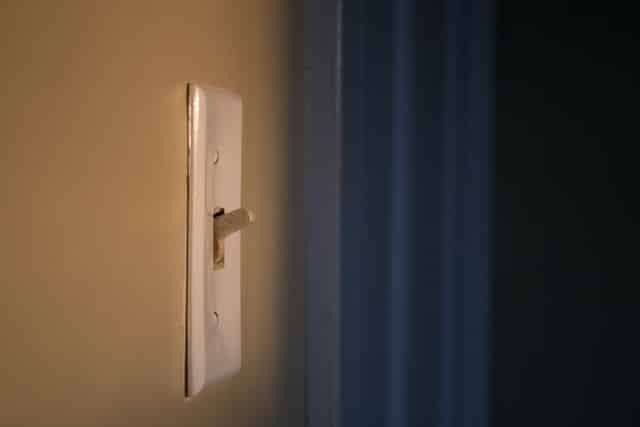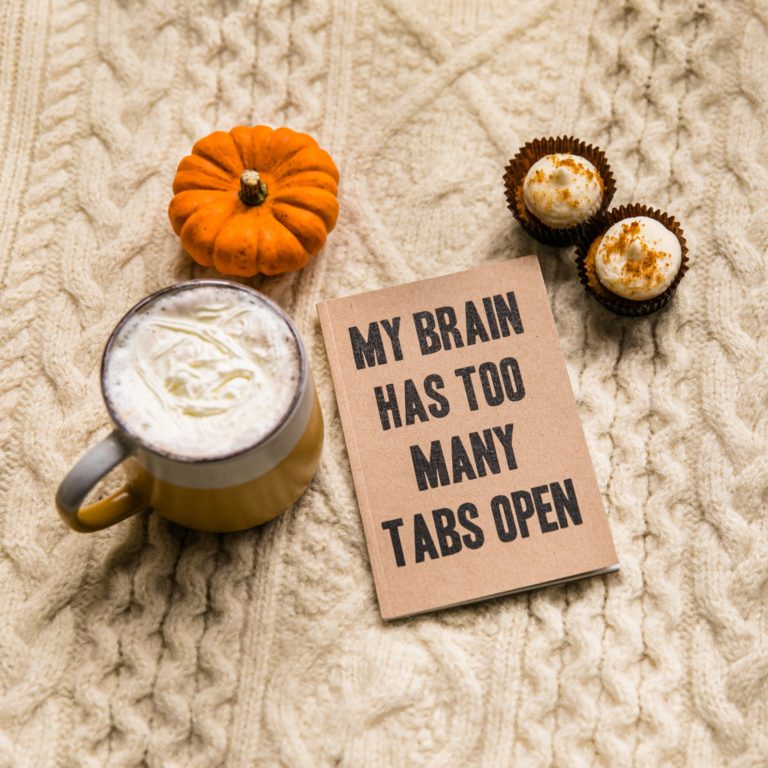You’ve presumably found out about a disturbing arrangement of mental health symptoms that has been discussed as Obsessive Compulsive Disorder, frequently alluded to by the initials OCD, which probably has led to a Google search on Signs and Management of Obsessive Compulsive Disorder. Obsessive Compulsive Disorder is viewed as a type of anxiety issue, so you will probably feel stressed and nervous, once in a while in case you are going through battling with Obsessive Compulsive Disorder.
Checklist To Understanding the Signs and Management of Obsessive Compulsive Disorder
1. Repeating of a specific conduct or behavior. Despite the fact that this indication sounds guiltless enough, those with Obsessive Compulsive Disorder will in general accomplish something again and again with a ceremonial flavor. Here are a few models:

• Turning your light switch on and off multiple times prior to settling down to rest.

• Making sure that your entryways are secured around evening time despite the fact that you realize you’ve just looked at them a few times

• Counting to yourself the quantity of steps you assume starting with one position then onto the next and/or measuring distances on a regular

• In principle, you are constrained unequivocally to do and re-do certain activities. It might feel like it is out of your control. These reiterations are alluded to clinically as compulsions.
2. Having feelings and beliefs that you cannot dispose of. This is where the term obsession comes into the disorder. Fanatical considerations appear to keep springing up and remaining in your brain. Regardless of what you attempt, you cannot put a halt to these reasonings. Fixations may keep you up around evening time or keep you from being as gainful as you could be.
3. Realizing that your fixations and impulses are irregular and uncommon. Despite the fact that what you are encountering is an ordinary piece of a mental illness, you can see that it is out of the domain of typical conduct.
4. The fixations and impulses are not brought about by any external substances or a sickness. It is very significant for mental health counselors to preclude these things prior to diagnosing anybody as having Obsessive Compulsive Disorder.
• Also, your fixations or impulses must be problematic to your day and take up an one hour day by day or greater of your opportunity to oversee them, to get down to the diagnosis of Obsessive Compulsive Disorder. Your activities of daily living, such as social excursions, work, or scholastic interests will be upset by your side effects.
Taking a Multidisciplinary Approach to Your OCD
1. Pharmaceutical Intervention. There is a gathering of antidepressants called, SSRIs that are frequently recommended for those encountering OCD. SSRI means selective serotonin reuptake inhibitor. A typical rundown of SSRIs incorporates but not limited to Anafranil, Celexa, Effexor, Lexapro, Paxil, Prozac, and Zoloft. Tricyclic antidepressants are also sometimes utilized for Obsessive Compulsive Disorder. In the occasion the SSRIs cannot effective decrease your Obsessive Compulsive Disorder indications, a specialist will probably attempt a class of medications figured quite a long while prior called tricyclic antidepressants.

2. Counseling. When all is said in done, many accept that conversing with a specialist about how you feel and the decisions you make can decrease your degree of tension. Overseeing your nervousness is the primary key to lessening or capturing OCD and treatment can assist you with doing it.
3. Cognitive Behavioral Therapy, explicitly. This kind of emotional wellness treatment encourages you to contemplate your musings and afterward change your practices as needs be. Exposure and Response Prevention is a value tool utilized for Obsessive Compulsive Disorder. While the Response Prevention part of ERP, refers to making a choice not to do a compulsive behavior once the anxiety or obsessions have been “triggered.” All of this is done under the guidance of a therapist at the beginning — though you will eventually learn to do your own ERP exercises to help manage your symptoms. With the help of your counselor, you will figure out how to deal with your nervousness and settle on a decision to cease from your disturbing musings (fixations) and practices (impulses).
4. Stopping negative thoughts. This is term thought stopping, which is a strategy that you therapist will support you in figuring out how to use all alone to disperse your redundant musings. In idea halting, you train yourself to perceive the troublesome contemplations when they start. When you perceive the inconvenient considerations are mediating into your typical life, you envision an enormous red stop sign and you at that point supplant the stop sign picture with something more charming, similar to a sea shore with the tide coming in or a delicate downpour shower. Thinking about this scene will assist with undermining the irksome contemplations.
On the off chance that you or somebody you love encounters the difficult manifestations of Obsessive Compulsive Disorder, perceive that there are some inconceivably successful medicines to get you back on a more serene excursion. Luckily, you can getting back to ordinary working once more by recognizing and understanding the signs and management of obsessive compulsive disorder.




